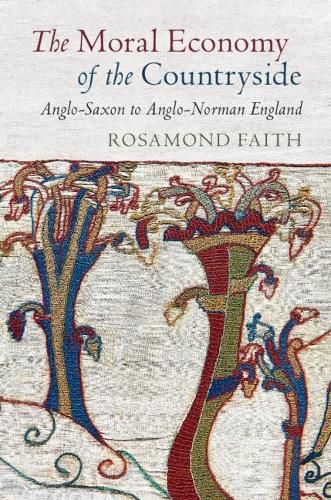Readings Newsletter
Become a Readings Member to make your shopping experience even easier.
Sign in or sign up for free!
You’re not far away from qualifying for FREE standard shipping within Australia
You’ve qualified for FREE standard shipping within Australia
The cart is loading…






How were manorial lords in the twelfth and thirteenth century able to appropriate peasant labour? And what does this reveal about the changing attitudes and values of medieval England? Considering these questions from the perspective of the ‘moral economy’, the web of shared values within a society, Rosamond Faith offers a penetrating portrait of a changing world. Anglo-Saxon lords were powerful in many ways but their power did not stem directly from their ownership of land. The values of early medieval England - principally those of rank, reciprocity and worth - were shared across society. The Norman Conquest brought in new attitudes both to land and to the relationship between lords and peasants, and the Domesday Book conveyed the novel concept of ‘tenure’. The new ‘feudal thinking’ permeated all relationships concerned with land: peasant farmers were now manorial tenants, owing labour and rent. Many people looked back to better days.
$9.00 standard shipping within Australia
FREE standard shipping within Australia for orders over $100.00
Express & International shipping calculated at checkout
How were manorial lords in the twelfth and thirteenth century able to appropriate peasant labour? And what does this reveal about the changing attitudes and values of medieval England? Considering these questions from the perspective of the ‘moral economy’, the web of shared values within a society, Rosamond Faith offers a penetrating portrait of a changing world. Anglo-Saxon lords were powerful in many ways but their power did not stem directly from their ownership of land. The values of early medieval England - principally those of rank, reciprocity and worth - were shared across society. The Norman Conquest brought in new attitudes both to land and to the relationship between lords and peasants, and the Domesday Book conveyed the novel concept of ‘tenure’. The new ‘feudal thinking’ permeated all relationships concerned with land: peasant farmers were now manorial tenants, owing labour and rent. Many people looked back to better days.